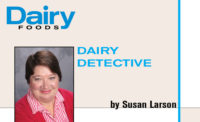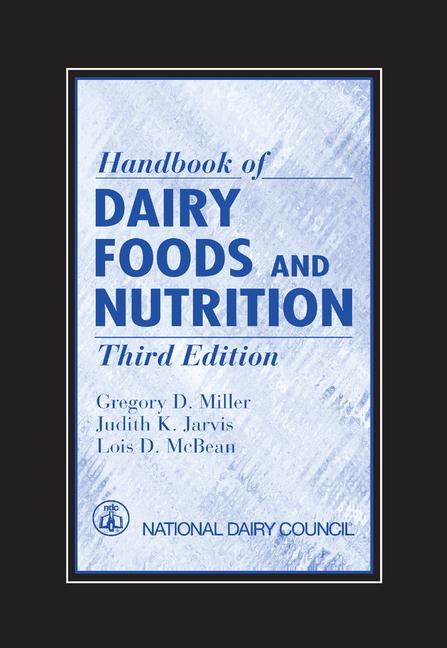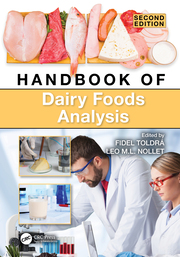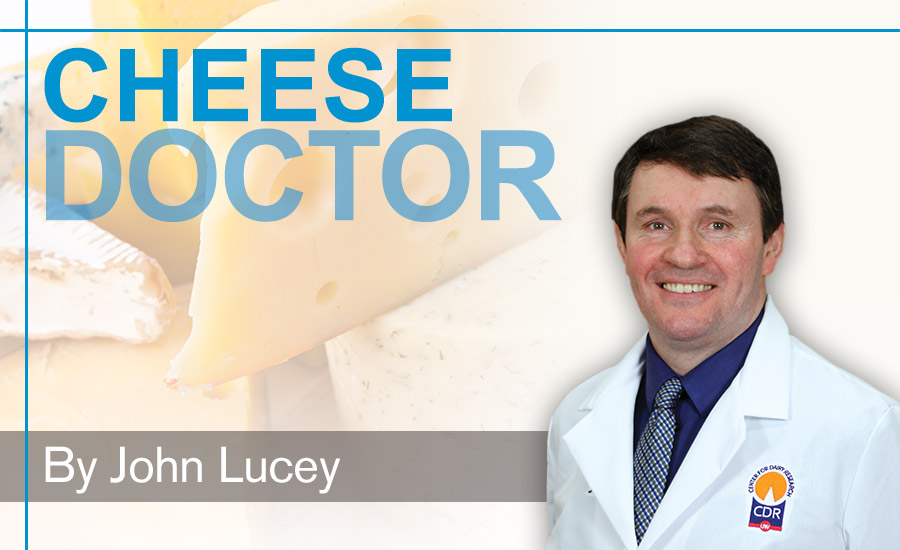Cheese choices meet individual health needs
Versatile and nutrient-dense, cheese is finding new ground as a 'health’ food.




Cheese is a healthful food that checks many nutrition boxes and tastes great. It’s a valuable source of high-quality protein, calcium, phosphorus and magnesium.
Most cheeses also are good sources of vitamin A, riboflavin, vitamin B12 and folate. Some cheeses — for example, cheddar — may contain probiotics such as Lactobacillus casei. And despite public perception, most cheeses are low in carbohydrates.
One knock against cheese has been the belief that the saturated fat in some cheeses contributes to ailments such as cardiovascular disease and cancer. However, numerous studies have since rebuked those claims. In fact, studies have found that consumption of fermented dairy foods, including cheeses, resulted in reduced cancer rates in some populations. Dairy product consumption has also been associated with positive health benefits for other serious issues such as diabetes and obesity.
In addition, although cheese is a traditional food that humans have been consuming for thousands of years, we are still learning new and exciting things about it. Newer research is looking at the bioactive peptides that form in aged cheese. These peptides are created by bacterial enzymes as a result of the fermentation and aging process. Bioactive peptides are essentially fragments of protein chains that have physiological impacts on the body. For instance, some bioactive peptides reduce blood pressure, enhance immune support or improve cardiovascular health.
Finally, one thing that I think gets lost when we talk about cheese is the nutritional versatility and range of the different cheese types. I don’t think the average consumer understands that there are cheeses such as Swiss that are naturally lower in sodium, or cheeses such as cottage cheese that are higher in protein. And many aged cheeses contain little to no lactose. There really is a cheese for everyone. For example:
- Low sodium: Swiss and cream cheese.
- Lower fat: many fresh cheeses such as goat cheese, feta, ricotta and cottage cheese.
- High calcium: Swiss, Parmesan, Romano and Gruyere.
- High protein: cottage cheese, ricotta and Parmesan.
- Low or no lactose: most aged cheeses such as cheddar, Parmesan, Swiss, Asiago and Romano.
Looking for a reprint of this article?
From high-res PDFs to custom plaques, order your copy today!











